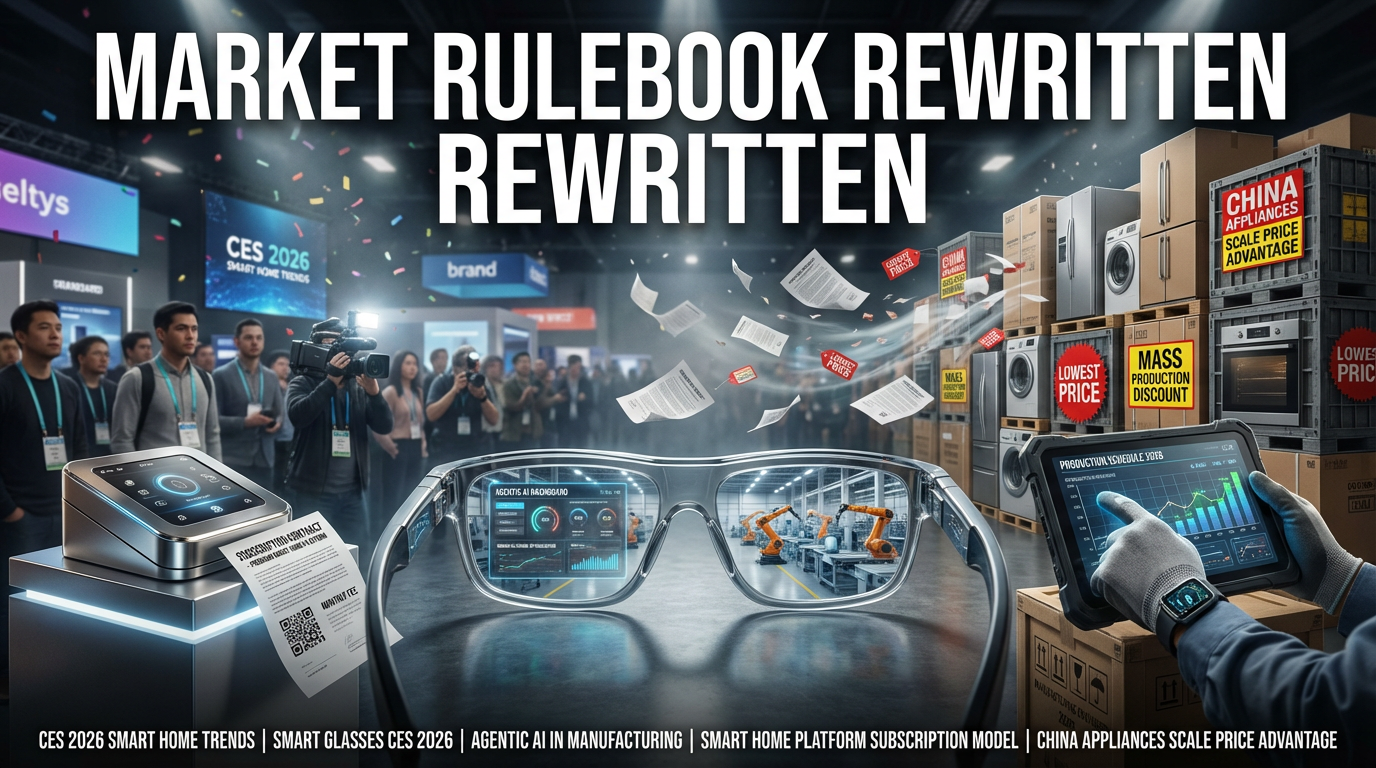Making Money Doing What You Love: A Framework for Success
How many of us can truly say that what we do is something we genuinely love? Perhaps the ratio is extremely small. But what if doing what you love could also be directly linked to income? In this article, I’d like to explore the systematic approach that makes this possible, the ‘Denco Framework,’ and some relevant success stories.
1. Doing what you love isn’t about comfort
(1) Misconception: Is doing what you love about comfort?
Doing what you love can sometimes lead to the misconception that “if it’s easy, it must be enjoyable.” However, as Tim Cook (Apple CEO) says, doing what you love isn’t always fun, nor is it always comfortable. Some things, even in difficult processes, can feel like a “perfect fit,” as natural as clothing that suits you.
(2) The essence of doing what you love
Doing what you love is about engaging in activities that harmonize with your talent, interests, and lifestyle. The work itself resonates with your being, allowing you to naturally immerse yourself or consistently continue the activity.
2. Commercializing what you love
(1) Three critical criteria
According to Jim Edwards, anything can be a product, as long as it satisfies at least one of the following three criteria:
- Saves time.
- Saves money.
- Reduces effort.
(2) Commercializing knowledge
For example, if I share the experience and knowledge I have gained in a specific field over years with someone else, they can save time and effort. To commercialize this:
- Clearly define the problem.
- Systematically organize the solution.
- Structure it into a system.
(3) Start quickly and reflect on feedback
There is no such thing as a perfect product. As Paul Graham says, “launching a version 1.0 as quickly as possible and improving by receiving user feedback” is crucial. What’s important here is to ‘start,’ even if it’s in an embarrassingly simple state.
3. Scalability through systems
(1) Start simply and small
It’s good to start by building things within one-time executions, like an eBook, a simple coaching program, or a small workshop. A coaching program can also start with a small number of participants at a low price.
(2) Improve based on feedback
Gradually develop your system based on feedback from your small customer base. This way, the system you develop can be expanded into various forms, such as lectures, coaching, or software.
(3) Denco’s example: Writing → Software
Denco started generating revenue with his writing system lecture. Later, he expanded to a software that made his writing system easier for people to use. Through this, he started with the commercialization of simple knowledge and methodology and created a high value-added case.
4. Finding demand for what you love
(1) There are customers for the skills you have
Noah Kagan said that no product can succeed if there is no demand. But fortunately, thanks to platforms like Google and Meta today, we live in an era where we can more easily find customers with specific interests.
(2) The era of one-person companies
OpenAI founder Sam Altman predicted that in the future, there would be “one-person companies” with a corporate value of over a trillion dollars. Now, there are enough tools and services that one person can connect with the world based on their passion.
5. Tips for taking the first step
-
Specify what you love.
- Deeply reflect on what activities you love and make a list of them.
-
Start small and execute quickly.
- Don’t strive for perfection, move quickly to execution.
-
Define your target and build a feedback system.
- Identify the people (target customers) who would likely be interested in your content or products, and continuously collect their feedback.
- Design for stable scalability.
- Start with small products or services and draw a roadmap to expand to lectures, software, etc.
Conclusion
Doing what you love means more than just emotional enjoyment. It means nurturing your own growth and creating valuable results through it. If you have any elements in your current work that you can be more passionate and absorbed in, try your first challenge of systematizing and commercializing them!
– Crafted by Billy Yang
[Related Articles at NextLens.Net]
- Secrets to Making Money on YouTube: From Starting to Monetizing
- One-Person Company Success Strategy: Building a Scalable System from the Beginning
*Source : [애드 ED] 좋아하는 일을 하세요. 어떤 일을 하든 돈은 벌립니다.

[Korean Summary]
[애드 ED]
“좋아하는 일을 하세요. 어떤 일을 하든 돈은 벌립니다.“
지금 우리가 하고 있는 일이 진정으로 좋아하는 일이라고 말할 수 있는 사람은 얼마나 될까요? 어쩌면 그 비율은 극히 적을지도 모르겠어요. 하지만 좋아하는 일을 하면서도 그것이 곧 수익으로 연결된다면 어떨까요? 이번 글에서는 이를 가능하게 만드는 체계적 접근법, '덴코 프레임워크'와 관련 성공 사례들을 하나씩 살펴보려고 합니다.
1. 좋아하는 일은 편안한 일이 아니다
(1) 잘못된 오해: 편안한 일이 좋아하는 일?
좋아하는 일을 한다는 이야기는 가끔 "쉬운 일만 하면 즐거울 것"이라는 오해로 이어질 수 있어요. 하지만 팀쿡(애플 CEO)이 말하듯, 좋아하는 일은 반드시 매일 즐거운 것도 아니고, 편안하기만 한 것도 아니에요. 힘든 과정 속에서도 어떤 일들은 "내 몸에 딱 맞는 옷"처럼 자연스러운 감을 줄 수 있죠.
(2) 좋아하는 일의 본질
좋아하는 일은 내 재능, 관심사, 그리고 나의 라이프스타일과 조화를 이루는 활동을 말해요. 그러니까 그 작업 자체가 내 존재와 잘 맞기 때문에 자연스럽게 몰입하거나 꾸준히 지속 가능한 활동이죠.
2. 좋아하는 일을 상품화하기
(1) 세 가지 중요한 기준
짐 에드워드에 따르면, 모든 것은 상품이 될 수 있어요. 단, 아래 세 가지 중 하나를 충족해야 합니다:
- 시간을 아껴준다.
- 돈을 아껴준다.
- 노력을 줄여준다.
(2) 지식을 상품화하기
예를 들어, 내가 특정 분야에서 몇 년간 쌓은 경험과 지식을 다른 사람에게 전달하면, 그들은 시간과 노력을 절약할 수 있어요. 이를 상품화하려면:
- 문제를 명확히 정의.
- 해결책(솔루션)을 체계적으로 정리.
- 이를 시스템 형태로 구조화.
(3) 빨리 시작하고 피드백 반영하기
완벽한 상품이란 존재하지 않습니다. 폴 그램이 말했듯, "가능한 한 빨리 1.0 버전을 출시하고, 사용자 피드백을 받아 개선"하는 과정이 중요해요. 여기서 중요한 건 쪽팔릴 정도로 단순한 상태라도 '시작'하는 거예요.
3. 시스템을 통한 확장 가능성
(1) 간단하고 작게 시작하라
처음에는 eBook, 간단한 코칭 프로그램, 혹은 작은 워크샵 같은 일회성 실행 안에서 만들어 나가면서 시작하는 게 좋아요. 코칭 프로그램이라면 소수의 참여자와 저렴한 가격대로 시작하는 것도 방법이죠.
(2) 피드백을 기반으로 개선
작은 소비층으로부터 얻은 피드백을 기반으로 점차적으로 시스템을 발전시키세요. 이렇게 만든 시스템은 강의, 코칭, 소프트웨어 등 다양한 형태로 확장할 수 있게 됩니다.
(3) 덴코 사례: 글쓰기 → 소프트웨어
덴코는 글쓰기 시스템 강의를 시작으로 수익을 창출했어요. 이후 그의 글쓰기 시스템을 기반으로 사람들이 더 쉽게 사용할 수 있는 소프트웨어까지 확장했죠. 이를 통해 그는 단순한 지식과 방법론의 상품화에서 시작해 높은 부가가치를 창출한 사례입니다.
4. 내가 좋아하는 일에 대한 수요 찾기
(1) 당신이 가진 기술에도 고객이 있다
노아 케이건은 어떤 상품도 수요가 없다면 성공하기 어렵다고 말했어요. 하지만 다행히도, 오늘날 구글과 메타 같은 플랫폼 덕분에 우리는 특정 관심사를 가진 고객을 더 쉽게 찾아낼 수 있는 시대에 살고 있죠.
(2) 1인 기업의 시대
오픈AI 창업자 샘 알트만은 미래에는 기업 가치 1조 원이 넘어가는 "1인 기업"도 등장할 거라고 예언했어요. 이제는 1명이 열정을 기반으로도 전 세계와 연결될 수 있는 도구와 서비스가 충분히 제공됩니다.
5. 첫걸음을 내딛는 팁
-
내가 좋아하는 것을 구체화하세요.
- 좋아하는 활동이 무엇인지 정말 깊이 고민하고 리스트업하세요.
-
작게 시작하고 빠르게 실행하세요.
- 완벽함을 추구하지 말고, 빠르게 실행에 옮기세요.
-
타겟 정의 및 피드백 시스템 구축하세요.
- 내 콘텐츠나 상품에 관심을 가질 법한 사람들(타겟 고객)을 명확히 하고, 그들의 피드백을 지속 수집하세요.
- 안정적인 확장성을 설계하세요.
- 소규모 상품이나 서비스에서 시작해 강의, 소프트웨어 등으로 확장할 수 있는 로드맵을 그려보세요.
마무리
좋아하는 일을 한다는 것은 단지 감정적 즐거움을 넘어, 자신의 성장을 도모하면서 이를 통해 가치 있는 결과를 만든다는 뜻이에요. 여러분도 지금 하고 있는 일 중에 더 열정을 가지고 몰입할 수 있는 요소가 있다면, 시스템화하고 상품화해 보는 첫 도전을 시작해 보세요!
– Crafted by Billy Yang
[관련글 at NextLens.Net]
*출처 : [애드 ED] 좋아하는 일을 하세요. 어떤 일을 하든 돈은 벌립니다.
*더보기..[너만모르는 글로벌뉴스] – 신박한 유튜브 요약블로그? https://NextLens.Net


